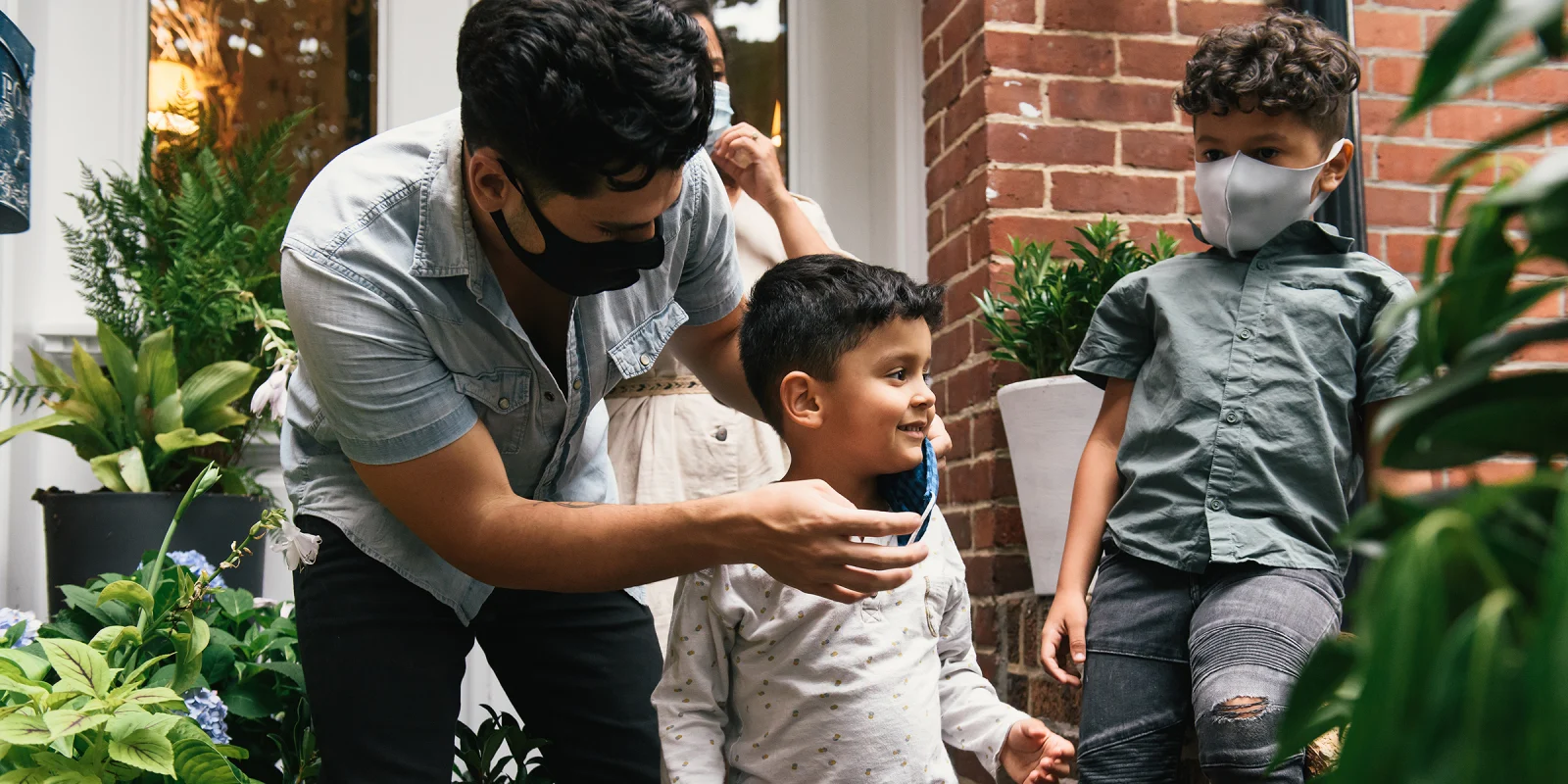The disproportionate effect of the pandemic on the Latinx community is in our faces every day, and it is heartbreaking. As physicians at Duke University Hospital, we have cared for patients with COVID-19 of all ages, from within the testing tent and ED, to the hospital wards and ICUs.
It is unfortunately unsurprising to us that in North Carolina over the last year, 21% of all COVID-19 cases occurred in Latinx patients, even though they make up only 10% of the state population. The inequity highlighted by the pandemic is an economic and human challenge that lives within the roots of racism and poverty in our country. It has left Latinx families broken in a system unwilling to support them despite their sacrifices.
Yet, there is hope: vaccination.
It is financially and clinically sensible to prioritize Latinx people for vaccination against COVID-19, but the process is riddled with barriers. The numbers say it all: by the end of May, only 7.4% of the available COVID-19 vaccines have been given to Latinx people 16 years or older in many North Carolina counties.
The primary barriers for this community revolve around access, not hesitancy. The combination of scheduling challenges and a perceived lack of safety make vaccination sites seem unwelcoming.
The first steps to scheduling a vaccine appointment seem straightforward: log on to an electronic device in a location with reliable Wi-Fi, go to the North Carolina Department of Health and Human Services (NCDHHS) website, ideally using software that is translated in Spanish. Then, put in your address and identify a location near you that offers the vaccine, then click on the link that takes you to another website — or call the place — if within operating hours.
Each step of this process is a potential limitation. Some patients may not have an electronic device or Wi-Fi, or if they do, they may not be able to utilize such a device without support. Setting up scheduling stations at community locations like the grocery store, gas stations, restaurants, churches, or even high-pedestrian traffic areas would help tremendously. Patient advocates from local areas should be compensated or paid overtime if they are willing to assist patients in accessing vaccines. Even an artificial intelligence bot — in English and Spanish — that assisted in scheduling via text would be helpful. Or simply eliminate the need to sign up entirely and set up walk-in clinics in neighborhoods, which has proven to be successful in reaching Black and Latinx communities in other parts of the country.
Another enormous barrier occurs at the vaccination appointment. Despite the policy of the NCDHHS that no identification is required for vaccination, multiple sites continue to ask for it. If there were a true commitment to repairing the COVID-19 inequity in the Latinx community, vaccination programs would understand the destructive effect of asking for an ID. To our patients in the Latinx community, this question translates to a location that is not to be trusted, and people may choose to stay home.
Months ago, a middle-aged patient in our clinic told us she was an undocumented immigrant and was concerned that Immigrant and Customs Enforcement (ICE) would be at vaccination centers. It is no secret that ICE detention centers have had significant COVID-19 outbreaks due to the inhumane conditions. ICE’s “Sensitive Locations Policy” delineates clearly that in specified locations, including COVID-19 vaccination centers and health care institutions, enforcement actions will not occur. But how are potential patients to know that these policies will be followed?
What can be done to increase trust in vaccination sites? The answer is partnering with existing groups trusted by the community. Well-known entities — like El Centro Hispano and La Semilla — along with collaboratives like LATIN-19 have been conducting pop-up vaccination sites around the Triangle and have been very successful at scheduling patients, organizing vaccination events, and actually administering vaccines. For true equity with vaccination, efforts like these deserve financial support and a consistent inflow of vaccines from the NCDHHS and surrounding hospitals. The doses should be allocated with the goal of addressing this inequity.
The leadership of North Carolina’s health care systems needs to act for the Latinx North Carolinians that have been disproportionately hurt by the pandemic. The federal government’s strategy for COVID-19 vaccination includes a focus on underserved populations, but it is up to each district to implement effective strategies. Community-based organizations deserve state-wide support for their efforts. When we make a verbal commitment to treat inequities in medical care, we must be ready to invest in interventions that may not have immediate rewards.
What issues are impacting the health of your community? How would you deal with it? Doximity would be interested in hearing what's going on in your area. Share your thoughts in the comments below.
Sriya Sampath Murali, Gabriela Maradiaga Panayotti, and Colby Feeney are doctors at Duke University Hospital.






